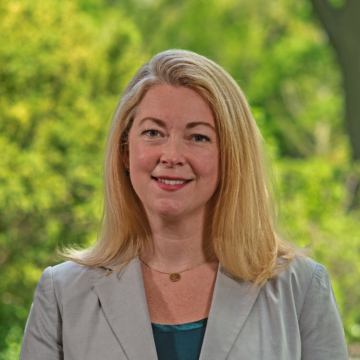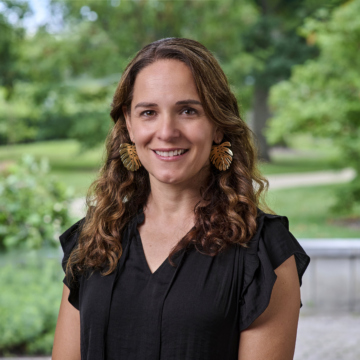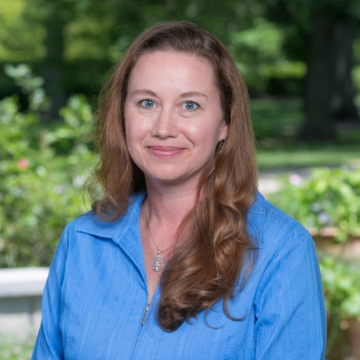Andrew L. Hipp, PhD, leads the Arboretum’s Plant Systematics Research Group’s work exploring the biodiversity and evolutionary history of plants. He also leads The Morton Arboretum Herbarium, which documents and preserves plants, lichens, bryophytes, and fungi of the Chicago region and woody plants of the temperate zone.
Hipp’s research group focuses primarily on the evolutionary relationships and the ecological significance of oaks (Quercus, Fagaceae) and sedges (Carex, Cyperaceae), but they have also taken on a number of other woody plant genera. Their studies use molecular systematics, ecological experiments, field and herbarium specimens, and genomics to explore how plant species evolve. By helping to shape our understanding of what plant species there are in the world and how they adapt and interact, Hipp’s research group is laying important foundations for biodiversity conservation.
As the director of The Morton Arboretum Herbarium, Hipp leads the strategy for its collections, digitization, and outreach. He and his team promote the use of herbarium collections in research and sharing of herbarium data through vPlants, GBIF, and other online portals. They maintain an active volunteer and outreach program and work closely with local schools to help students develop biodiversity knowledge and research skills.
Throughout his career, Hipp has been committed to science education for students of all ages, ensuring that his findings have a meaningful impact in academic settings and beyond the classroom. His work influences restoration and conservation practices, plant classification and taxonomy, and biodiversity research worldwide.
Hipp is also dedicated to science communication and sharing his passion for natural history. He engages with the public through writing, teaching, and outreach. He is also an author of several field guides, children’s books, and other creative works that bring natural history, plant evolution and ecology, and botany to wider audiences.



